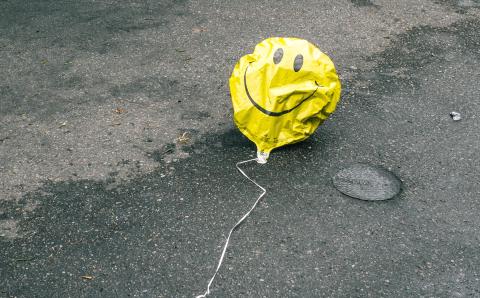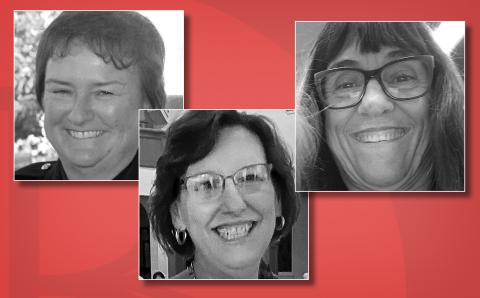In our North American context, the number of “nones” is on the rise. Norms of Christian morality have lost their purchase in the wider culture. Our corner of the world is becoming increasingly pluralistic and increasingly secular.
These are slippery terms, so allow me to define them. Pluralistic means that we are exposed to more competing visions of what it means to be human than ever before. Secular means that religious faith is increasingly optional, conceived more as an expression of personal identity or tribal affiliation than as a statement about transcendent reality.
But both of these terms mean the diversifying of religious options, not the diminishing of religion. It is not the case that we are becoming less religious. Humans are incurably religious. We might define this in terms of transcendence (religion as a response to revelation) or immanence (religion as a way of coping with reality), but we can’t seem to give up the clarity, comfort, and community that religious frameworks provide.
Religion provides clarity because it grants legitimacy to our intuitions about the world, especially our sense that some things are simply right and other things are simply wrong. Religion engenders community because it gives us a sense that we are connected to others beyond ordinary kinship. Religion provides comfort because it tells us that our experience is intrinsically meaningful and that we are not fools for hoping that there is more than what we can see.
But there is also a dark side to religion, which is why some want to abolish it. Our desire for clarity might lead us to become self-assured and dogmatic. Our desire for comfort might lead us to become self-absorbed and delusional. And our desire to belong to a community might incline us to self-congratulation, where we are quick to excuse our tribe and to exclude those who don’t fit.
In this way, we can construe religion rather broadly, including any number of “secular” pursuits. There is a word for this, coined by writer David Zahl: seculosity. Seculosity is religiosity directed toward earthly rather than heavenly aims. Our religious crisis, Zahl says, is not that religion is going away but “that we are more religious than ever, and about too many things.”
His point is that religious energies permeate our work, our romantic relationships, our exercise routines, and, of course, our politics. Who has not felt judged by someone else’s parenting style or eating habits? Who has not worried about saying the wrong thing on social media, unleashing its collective fury? Americans may be less officially devout, but there is no shortage of religious fervor outside the walls of the church.
The question is not whether religion, with its hunger for clarity, comfort, and community, will disappear, or even whether religious pursuits will continue to proliferate in nontraditional ways. The question is whether the religious frameworks we adopt will be robust enough to resist the darker tendencies towards dogmatism, narcissism, and tribalism.
The sort of clarity that Christianity offers is not the clarity of certainty, but the clarity of faith. It is a clarity rooted in the reality of the resurrection, yet still open to surprise. The sort of community that Christianity engenders is not a community of self-preservation, but a community of self-giving love. It is not bound by external identity markers, but centered on the beauty of Jesus Christ.
And the sort of comfort Christianity offers is the comfort of costly hope. It is not a cheap hope that denies the experience of divine absence or the slowness of our own transformation. It is rather the hope that tells us that the world does not rise and fall on our effort alone, and that no matter what happens, we belong—body and soul, in life and in death. In an increasingly complex but incurably religious world, this gives us solid ground on which to stand.
About the Author
Justin Ariel Bailey is assistant professor of theology at Dordt University. He, his wife, and their two children are members of Covenant CRC in Sioux Center, Iowa.






